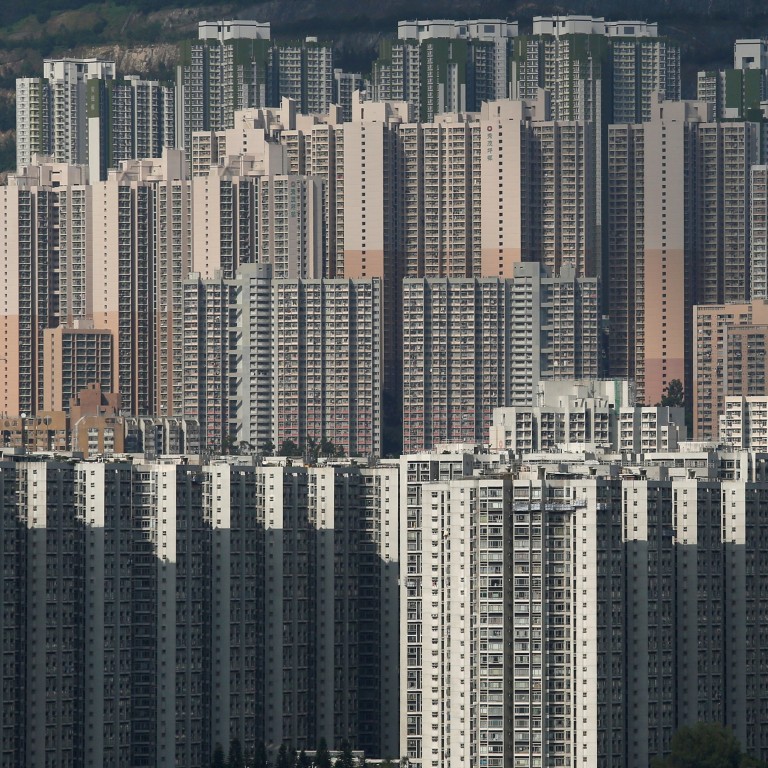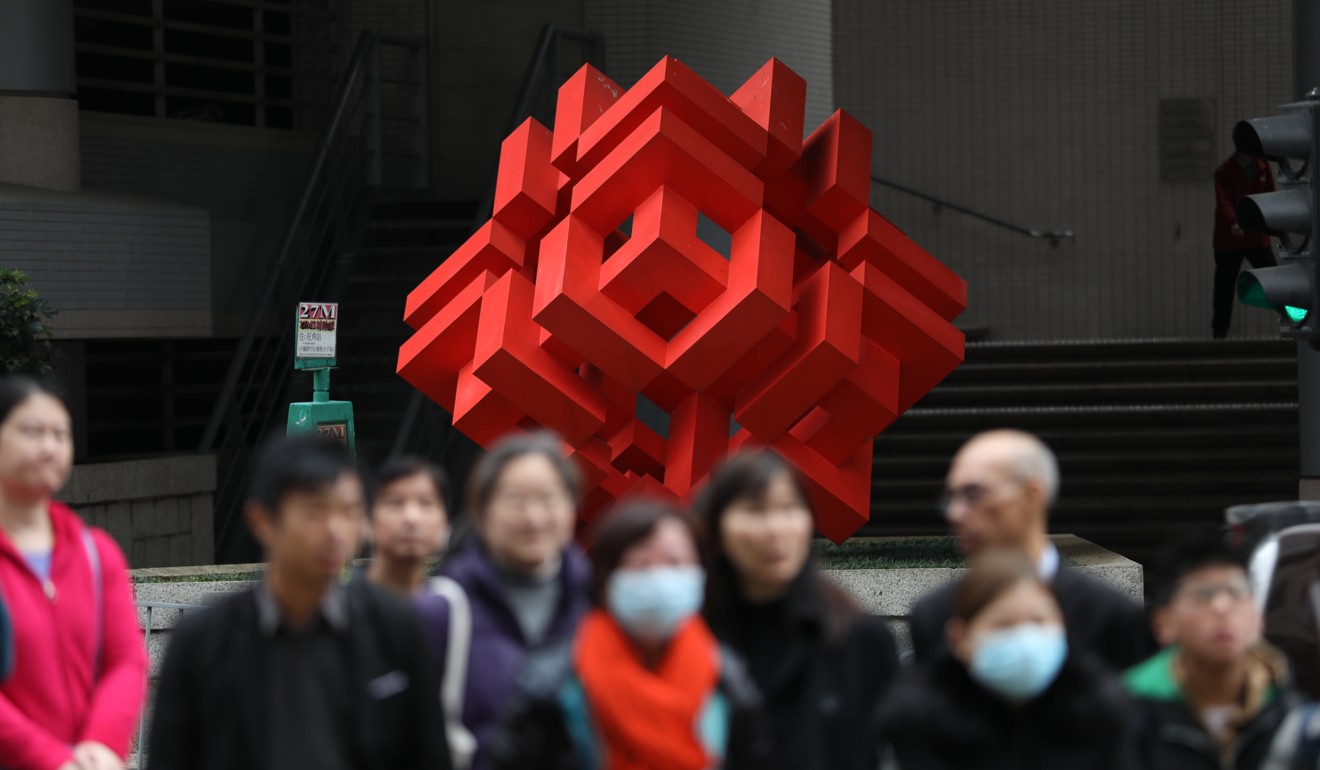
Hong Kong’s subsidised homeowners can sublet flats without paying premiums under new proposal approved by Housing Authority
- Plan comes into effect from fourth quarter of 2019, when subletting of entire flats instead of just bedrooms will also be allowed
- Lawmaker urges for introduction of cap on house rent to make scheme economically viable and beneficial to people
The Housing Authority has announced it will allow subsidised homeowners to sublet their units to those waiting for public flats without paying a premium, in an effort to help address Hong Kong’s mounting housing problem.
Eligible owners must have owned their flats for more than 10 years, while tenants are restricted to general public housing applicants who have been waiting for more than three years, or non-elderly single applicants who have been waiting for at least six years.
The 10-year requirement was set to prevent speculators from purchasing subsidised homes just for monetary gains within a short period of time, the authority said on Monday.
Owners of 340,000 Housing Authority flats, who are now required to pay a premium before subletting their units, will be eligible for the scheme, to be launched in the fourth quarter of the year.

The Housing Society, an NGO, has been running a similar programme since last October, allowing its 14,500 eligible flat owners to rent out their bedrooms without paying a premium.
In the fourth quarter of this year, both the society and the authority will also relax their schemes to allow subletting of entire flats instead of bedrooms.
Chief Executive Carrie Lam Cheng Yuet-ngor proposed the scheme in 2017 to alleviate the city’s housing problems. The latest average waiting time for public housing stands high at 5½ years for general applicants and 2.9 years for single elderly applicants.
How Hong Kong’s public housing system works: costs, waiting times and sales
Under the new subletting scheme, only owners of flats with two or more bedrooms shall be able to enter into two tenancy agreements at most. The strict rule has been made to prevent owners from overly subdividing their flats and gaining from multiple tenants.
The new scheme will also allow owners to release their flats to specified NGOs, which can then sublet them to eligible public housing applicants.
The Housing Authority said the scheme might be challenged legally, as it was stipulated in the Schedule to the Housing Ordinance that owners of the authority’s subsidised homes shall not be able to alienate, convey, charge or part with possession of their flats with premium unpaid, except to persons nominated by the authority.
But the authority believed the exception gave them room to implement such a scheme.
The Housing Society welcomed the authority’s decision.
The Federation of Public Housing Estates said the new scheme would improve the living standards of low-income people by giving them more accommodation choices instead of just subdivided flats.
The federation’s executive director Anthony Chiu Kwok-wai said he hoped the rent would be lower than the market price.
Hong Kong to increase proportion of new public housing
“If the owners set the price at market rate, many applicants would rather live somewhere else,” he said.
But lawmaker Andrew Wan Siu-kin criticised the scheme for “deviating from its initial goals”.
“People are worried about expensive rents and now once you raise rental area without putting a cap on rental price, tenants will be forced to rent a larger and more expensive living space,” he said.
Subsidised flats are rented for prices between HK$10,000 (US$1,280) and HK$20,000 per month in the market, while the average monthly rent of a subdivided unit in Sham Shui Po costs around HK$5,000, according to Wan.
“Can public housing applicants really afford the rent without a cap? If you place a cap, it’s like using the premium to subsidise the housing. And for owners who have not paid the premium, they will have to earn a lower rent. Everything becomes reasonable then,” he added.
Hundreds flock to Kwun Tong for government-subsidised homes
“Otherwise, the government’s plan will fail, the owners won’t find tenants, and the tenants won’t be able to afford the flats. I am sure they will not be able to match even 0.1 per cent of the eligible flats.”
The new scheme also violated the principle of fair distribution of resources in society by letting owners make extra money without paying premiums, Wan said.

